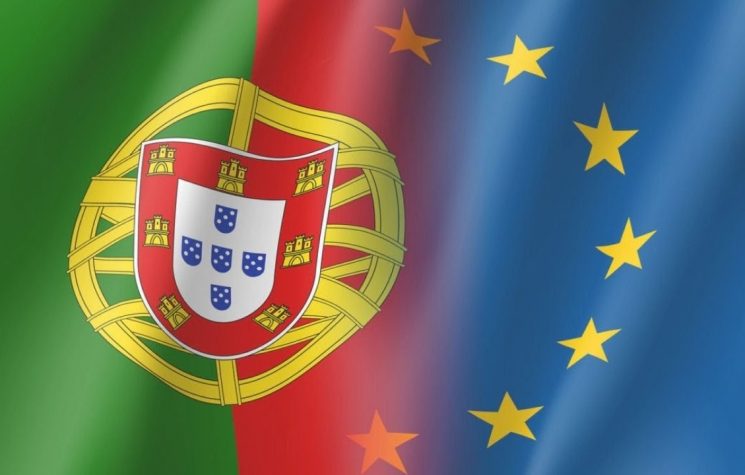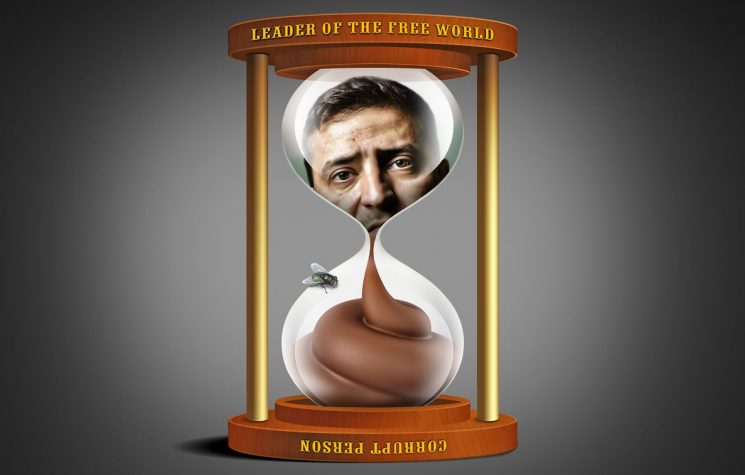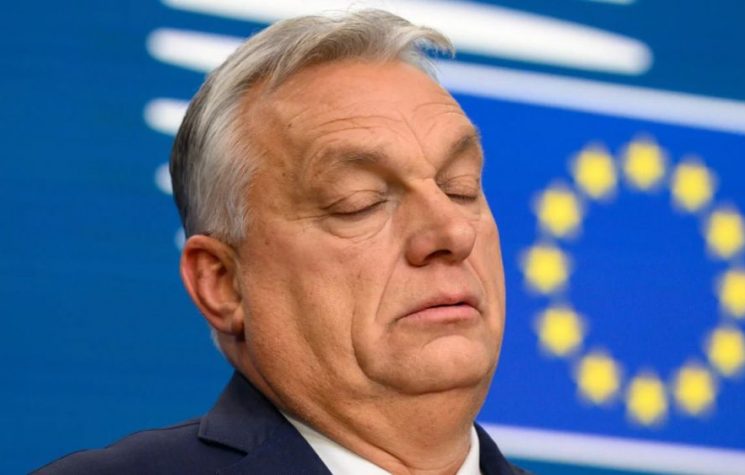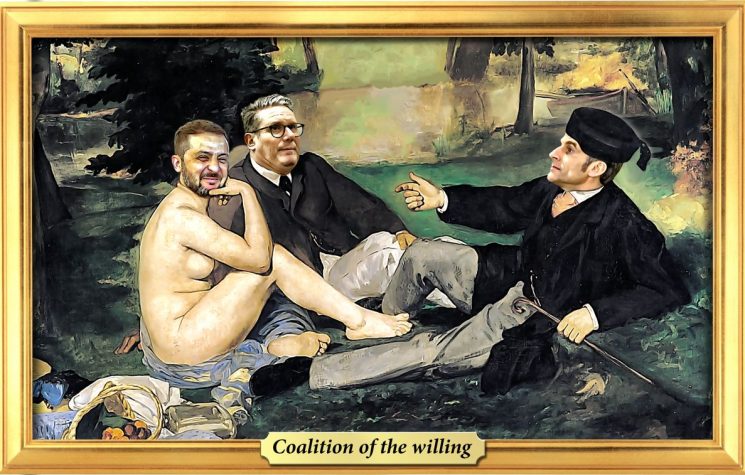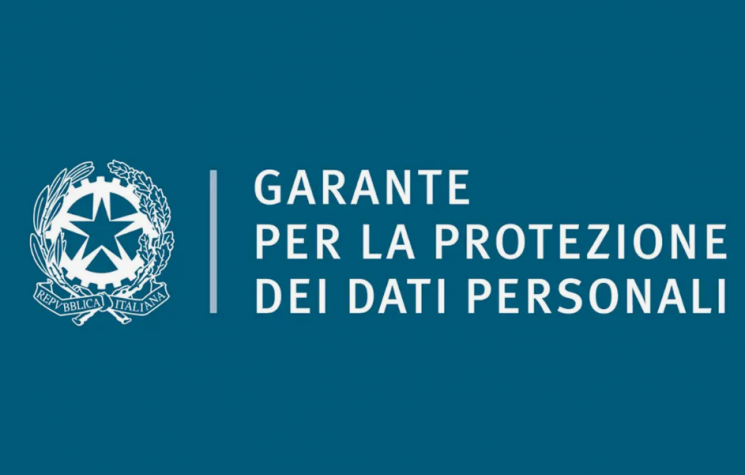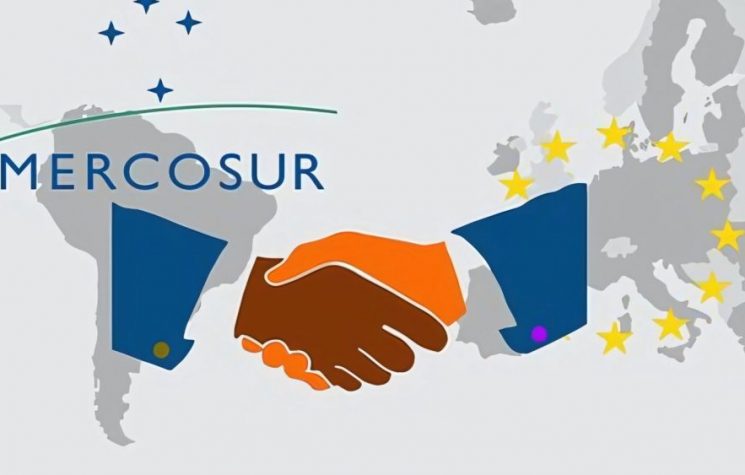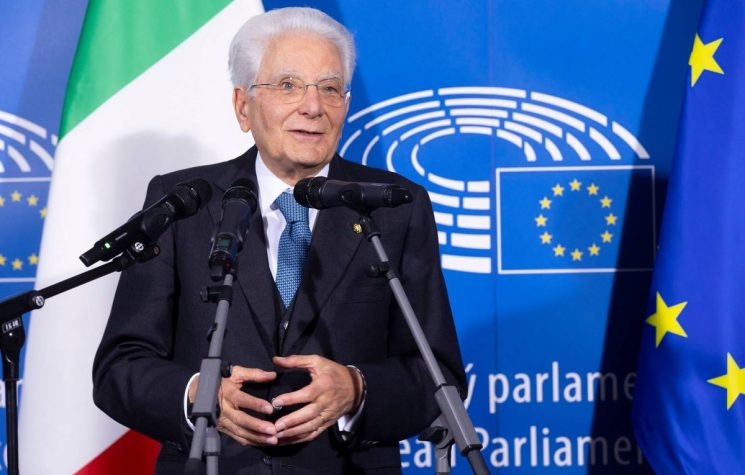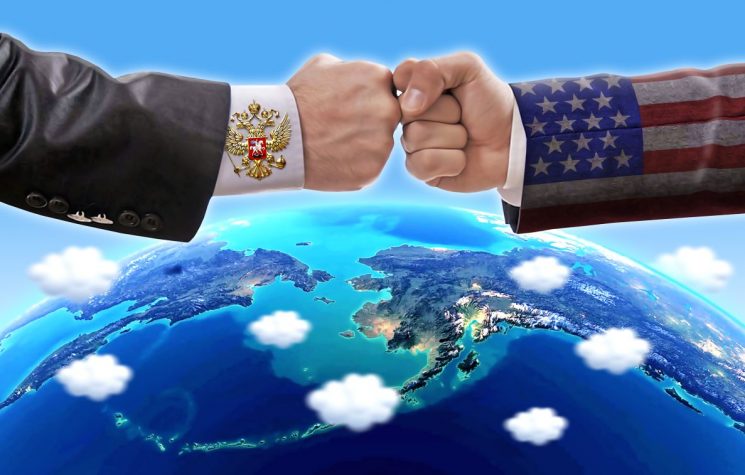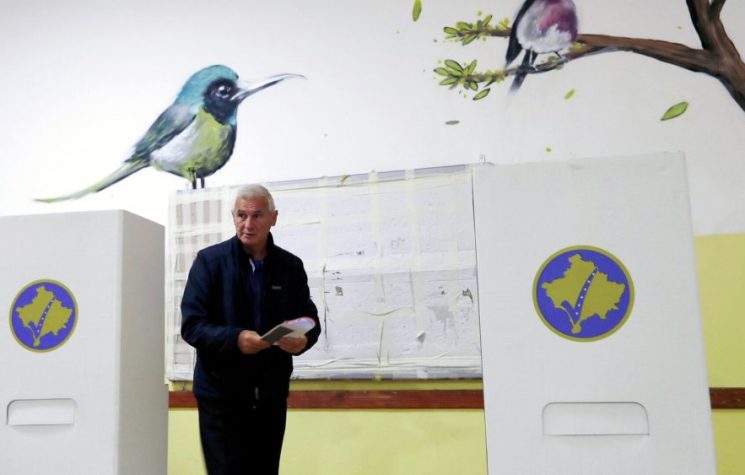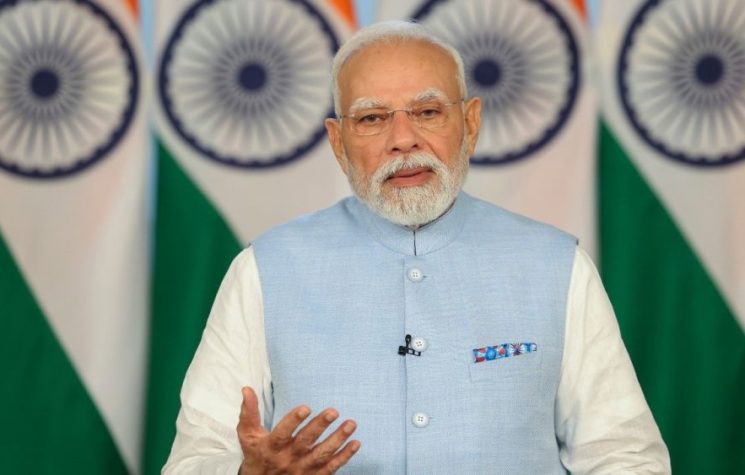The future government may have difficulties in ironing out differences with minor coalition partners and running Poland in an efficient manner, Richard Barton writes.
❗️Join us on Telegram![]() , Twitter
, Twitter![]() , and VK
, and VK![]() .
.
The upcoming elections in Poland have wide ramifications and are decisive for its future. The basic choice is more of the same if the Law and Justice party prevails or a new decidedly pro-EU direction is to be endorsed.
To be in the picture, one has to acknowledge that most of Polish politicians know one another well and have been around long enough to develop a strong dislike to their opponents. Just to give a foretaste of what I mean, it will be enough to recall what Kaczynski told voters in August this year: “If the opposition were to gain power, a civil war would begin. They want to rescind laws and attack public offices.” On the other hand, Tusk representing Civic Platform warned the public that Kaczynski is the incarnation of evil. In another verbal attack he reminded Prime Minister Morawiecki that long way back he had been his adviser.
Contrary to some sporadic, nuisance information on such scandals as selling visas to migrants, which may have a minor impact on the elections results, there are competing two opposing concepts of future for Poland.
The first option represented by Law and Justice endeavours to maintain Poland’s sovereignty and deplores Poland’s economy which is the biggest economy in eastern Europe having seen some EU funding blocked for alleged infringements of the rule of law, and nonchalantly ignored the EU authorities in imposing the ban on Ukrainian grain. Some opponents of Law and Justice suspect further friction with EU for instance, over migration and foresee Pol-exit. The latter is usually associated with the prospect of isolation and impoverishment. In this light, Tusk debating a few days ago with premier Morawiecki attacked him over alleged past coziness with Vladimir Putin. That Pole-exit is not necessarily a laughing matter may be proven by a poll conducted by IBRIS Radio ZET and published on 11.10. 2023. 35.1 % of those participating in the poll were convinced that after the upcoming elections Law and Justice will drive Poland out of the European Union. 56,1% did not share that view. The guiding principle of the first option is Poland’s national interest.
The second option is represented by the Civic Platform party. A victory of Civic Platform and its allies would result in further subordination to Brussels as much in internal state matters as in accepting the quotas of illegal migrants as allocated by the European Union authorities. Within a few years Poland could be a net donor to and no longer benefactor of the European Union budgets. After a while, this is likely to open in Poland’s politics the question about whether the EU membership is worth it. So, now the Poles are to be told how rich they are! Accepting that claim with disbelief they will do some thinking and after scratching their heads hard they are likely to conclude that it is in fact the west that has become poor. The guiding principle of the second option are national interests of the core EU members.
The latest polls indicate that the ruling party and the opposition are running neck and neck. Still, last week, the Law and Justice party had support of 34.9% the electorate and Civic Platform 28.1 of the electorate. What does it mean? I practical terms it means that none of the two main parties is likely to secure majority in the Polish parliament. This in turn means that a coalition government will be the only viable option. Whichever one of the two main parties ends up running the future government may have difficulties in ironing out differences with minor coalition partners and running Poland in an efficient manner.












